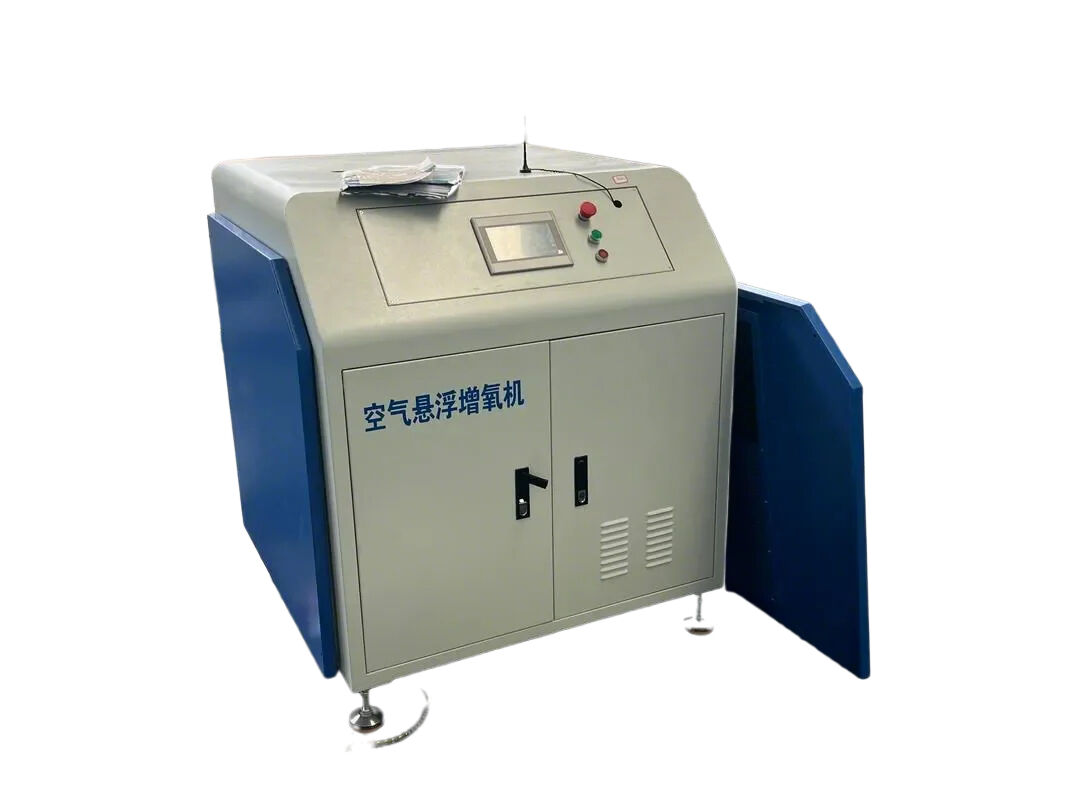Understanding Industrial Vapor Compression Systems
Industrial vapor compressors play a vital role in numerous manufacturing processes, from chemical processing to power generation. These sophisticated machines are designed to increase the pressure of vapor by reducing its volume, making them essential components in refrigeration, air conditioning, and various industrial applications. Selecting the right vapor compressor can significantly impact operational efficiency, energy consumption, and overall production costs.
The industrial landscape continues to evolve, and with it, the demands placed on vapor compression systems grow more complex. Modern facilities require compressors that not only deliver optimal performance but also meet stringent environmental regulations and energy efficiency standards. Understanding the fundamental principles and key considerations of vapor compressor selection is crucial for facility managers and engineers tasked with making this important decision.

Key Factors in Vapor Compressor Selection
Operating Conditions and System Requirements
When selecting a vapor compressor, the first consideration must be the specific operating conditions of your facility. This includes analyzing the required compression ratio, working fluid properties, and operating temperature range. The vapor compressor must be capable of handling the expected flow rates while maintaining optimal efficiency throughout its operational cycle.
System capacity requirements play a crucial role in the selection process. Engineers must carefully evaluate both current needs and potential future expansion plans. Oversizing a vapor compressor can lead to unnecessary capital expenditure and reduced efficiency, while undersizing may result in operational bottlenecks and increased maintenance requirements.
Energy Efficiency and Performance Metrics
Energy efficiency stands as a paramount consideration in vapor compressor selection. Modern industrial facilities must balance performance requirements with energy consumption to maintain competitive operating costs. The coefficient of performance (COP) and specific power consumption are key metrics that should be carefully evaluated during the selection process.
Advanced vapor compressor designs incorporate various features to enhance efficiency, such as variable speed drives, capacity control mechanisms, and heat recovery systems. These technologies can significantly reduce energy consumption and operating costs over the equipment's lifetime, making them valuable investments despite potentially higher initial costs.
Technical Specifications and Design Considerations
Compression Technology Types
Different compression technologies offer varying advantages for specific applications. Centrifugal vapor compressors excel in high-capacity applications with relatively low compression ratios, while positive displacement types like screw or scroll compressors may be more suitable for smaller systems or those requiring higher compression ratios.
The selection of compression technology must align with the specific requirements of the process. Factors such as vapor quality, pressure requirements, and flow stability all influence the optimal choice of compression technology. Understanding these relationships helps ensure the selected vapor compressor will deliver reliable and efficient performance.
Materials and Construction Quality
The construction materials of a vapor compressor must be compatible with the working fluid and operating conditions. Corrosion resistance, thermal stability, and mechanical strength are critical factors that influence long-term reliability. High-quality materials may command premium prices but often deliver superior durability and reduced maintenance requirements.
Component quality extends beyond basic materials to include considerations such as seal designs, bearing systems, and lubrication methods. These elements significantly impact the vapor compressor's reliability and maintenance requirements, making them essential factors in the selection process.
Maintenance and Operational Considerations
Serviceability and Maintenance Requirements
Regular maintenance is essential for maintaining vapor compressor performance and reliability. The selected unit should offer good accessibility for routine maintenance tasks and major overhauls. Design features that facilitate maintenance, such as easy-to-remove panels and modular construction, can significantly reduce maintenance downtime and costs.
Consider the availability of spare parts and local service support when selecting a vapor compressor. Equipment from well-established manufacturers typically offers better parts availability and technical support, which can be crucial for minimizing operational disruptions.
Monitoring and Control Systems
Modern vapor compressors incorporate sophisticated control systems that optimize performance and protect against operational issues. Advanced monitoring capabilities, including real-time performance tracking and predictive maintenance features, can significantly enhance operational reliability and efficiency.
Integration capabilities with existing plant control systems should be evaluated during the selection process. The ability to monitor and control the vapor compressor remotely can improve operational flexibility and reduce labor requirements.
Economic Analysis and Return on Investment
Initial Cost Considerations
The purchase price of a vapor compressor represents only a fraction of its total lifecycle cost. When evaluating initial costs, consider factors such as installation requirements, auxiliary equipment needs, and any necessary facility modifications. A comprehensive cost analysis should include all aspects of implementation to avoid unexpected expenses.
Financing options and payment terms may influence the selection decision, particularly for larger installations. Some manufacturers offer flexible financing arrangements that can help manage capital expenditure while securing high-quality equipment.
Long-term Operating Costs
Operating costs typically exceed the initial purchase price over the lifetime of a vapor compressor. Energy consumption usually represents the largest operating cost component, making efficiency ratings crucial in the selection process. Additionally, consider maintenance costs, replacement part expenses, and potential downtime impacts when evaluating long-term economics.
Environmental regulations and energy prices may change over time, affecting operating costs. Selecting a vapor compressor with superior efficiency and environmental performance can provide insurance against future regulatory changes and energy price increases.
Frequently Asked Questions
How often should industrial vapor compressors be maintained?
Industrial vapor compressors typically require regular maintenance intervals ranging from monthly inspections to annual major service events. The specific maintenance schedule depends on factors such as operating hours, environmental conditions, and manufacturer recommendations. Implementing a preventive maintenance program is essential for optimal performance and longevity.
What are the most critical performance indicators for vapor compressors?
Key performance indicators include compression efficiency, power consumption, flow rate stability, and operating temperature. Monitoring these parameters helps ensure the vapor compressor operates within design specifications and identifies potential issues before they lead to equipment failure.
What factors most significantly impact vapor compressor efficiency?
Vapor compressor efficiency is primarily influenced by factors such as operating conditions, maintenance status, control system optimization, and system design. Proper sizing, regular maintenance, and optimal control settings are essential for maintaining high efficiency throughout the equipment's lifecycle.

